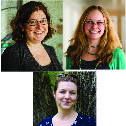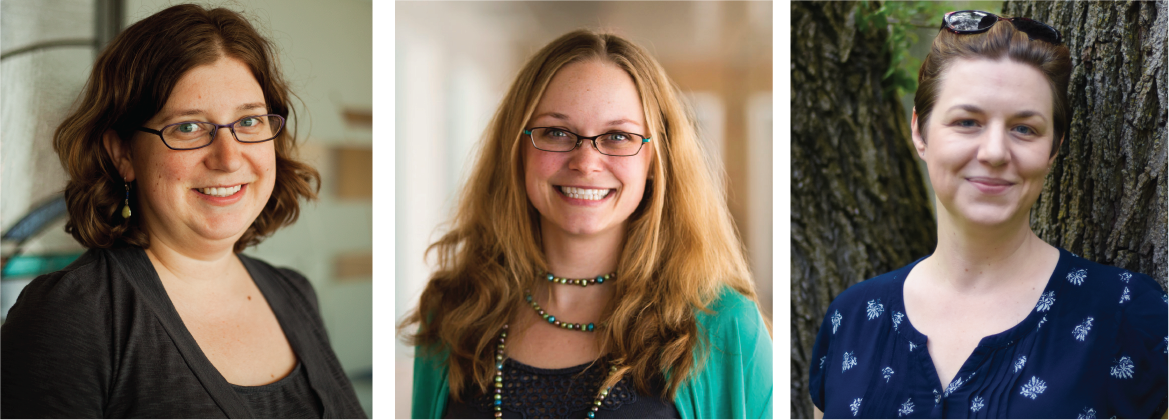

The ability to function in diverse teams is frequently touted as a key learning outcome, but it is a tough one for faculty to cultivate effectively, particularly in larger courses. Asking students to assess each other can generate more data than instructors have time to review and act upon.
Tandem’s novel solution addresses team accountability, instructor support, and the instruction of teamwork skills in an automated system. Weekly surveys allow Tandem to assess each student, and each team, as “working well,” “approaching trouble,” or “needing support.” The faculty-facing dashboard enables instructors to quickly monitor teams’ performance and identify potentially problematic patterns early. Crucially, the data is also shared with students in the form of tailored messages about their individual strengths and growth areas, along with prompts for reflecting on their contributions and ways they might change their behavior -- for example, to encourage a quiet teammate to share more of their thinking at the next team meeting.
In addition to being a pedagogical tool, Tandem is an equity tool that considers factors like the distribution of different types of work and behaviors like active listening and teaching teammates. By flagging inequitable patterns of voice and workload division for faculty and by interactively coaching students through common team issues, Tandem strongly supports inclusive teaching. In collaboration with the Center for Academic Innovation, Tandem has already been successfully used in engineering, architecture, and information courses ranging from 25 to 600+ students, and is ready to be deployed in many more settings.
Student Comments
I watched a team transform from a frustrated, often quiet and inefficient working group to a positive, confident working environment where everyone involved contributed to the team’s ongoing work and learning.
I thought it was clever how Tandem would give us individualized lessons based on what we submitted in the weekly surveys. Those were quite helpful and gave us the tools to figure out how to work better and how to solve our problems. For the team, I really liked how they would track our progress and team morale. That was really useful information that we could use to troubleshoot within the team.
I am most impressed with the ways in which Tandem has helped instructors and students address issues of power in student teams.
Tandem made me feel like my voice was being heard. Oftentimes, I think many students don’t believe that the instructors are aware of the issues within teamwork or how the work can be disproportionately distributed. Tandem was a great way for the instructors to identify that and provide us support. I remember being so shocked that my professors actually knew what we were working on, what our goals were, and what we were struggling with. That really bolstered the connection between the student and the professors, and I think because of that, our team’s needs were supported and we were able to meet our goals.




